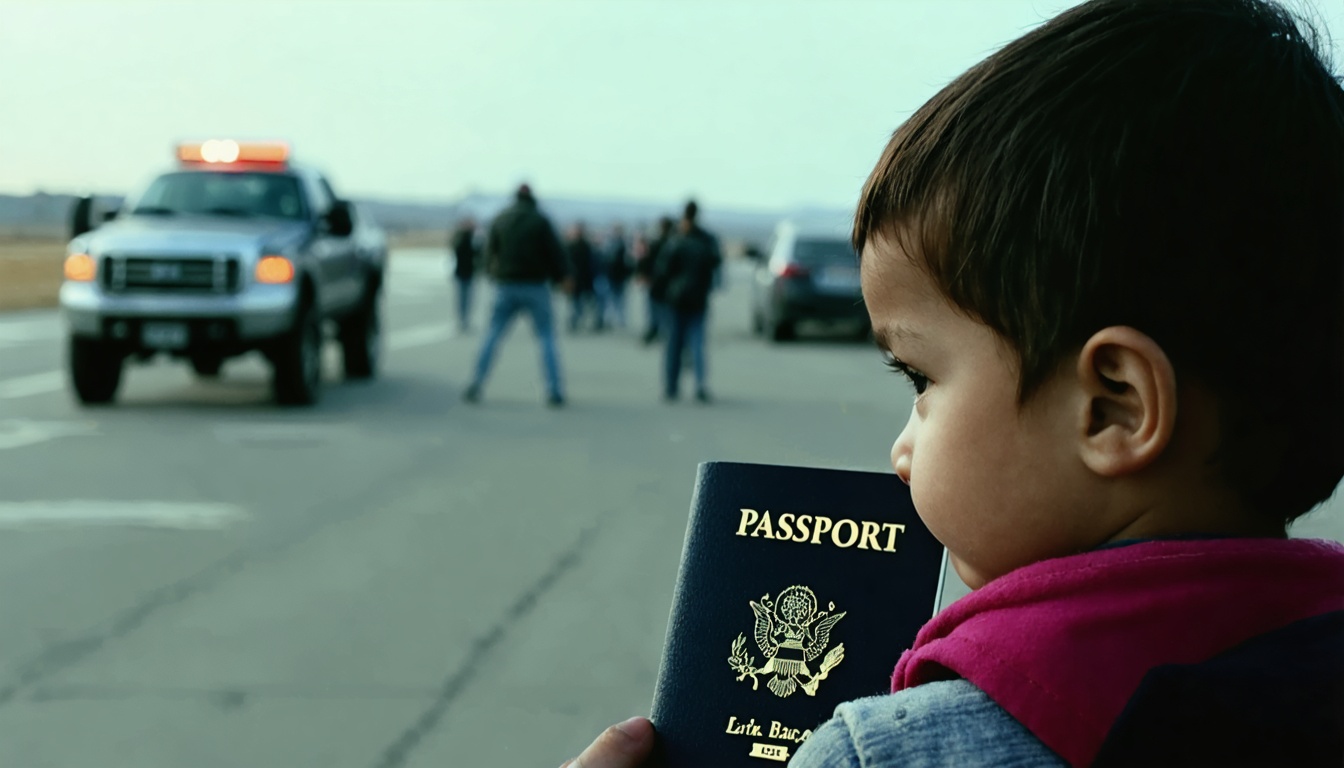U.S. Citizen Children Deported with Mothers: A Deep Dive into the Human Impact of Immigration Policies

Recent reports have brought to light a deeply concerning aspect of U.S. immigration enforcement: the deportation of U.S. citizen children alongside their undocumented parents. This practice not only challenges legal norms but also raises significant ethical and moral questions about the treatment of families under current immigration policies.
In a notable case, U.S. Immigration and Customs Enforcement (ICE) in New Orleans deported two immigrant mothers along with their three U.S. citizen children, aged 2, 4, and 7. One of these children is reportedly battling a rare form of metastatic cancer and was deported without access to necessary medical care. This incident underscores the human cost of stringent immigration enforcement and highlights the complexities involved when citizen children are entangled in the deportation of their parents.
Historically, the U.S. has grappled with the challenge of balancing immigration enforcement with the rights of citizen children. The current administration's policies have intensified these challenges, leading to situations where children, despite their citizenship status, are removed from the country. This approach has sparked legal debates and public outcry, with critics arguing that it violates constitutional protections and the fundamental principle of family unity.
Legal experts emphasize that deporting U.S. citizens is unconstitutional, raising concerns about due process and the rights of citizen children under the Trump administration's immigration policies. The American Civil Liberties Union (ACLU) has been at the forefront of challenging these practices, highlighting the psychological trauma and long-term harm inflicted on children separated from their families.
Furthermore, the House GOP's recent tax bill proposal includes significant funding for deportation and border security initiatives, aiming to facilitate 1 million deportations annually. This legislative move reflects a broader political commitment to stringent immigration enforcement, despite the human rights concerns associated with such policies.
Public sentiment on immigration has evolved, with some communities expressing support for stricter policies. However, the deportation of citizen children has elicited bipartisan concern, emphasizing the need for policies that uphold constitutional rights and protect vulnerable populations.
In conclusion, the deportation of U.S. citizen children alongside their undocumented parents presents a complex intersection of legal, ethical, and moral issues. It challenges the nation's commitment to family unity and the protection of its citizens, calling for a reevaluation of immigration policies to ensure they align with foundational American values.
Generational Perspectives
Explore how different generations perceive this topic. Click on a generation to expand.
Families Torn Apart: The Human Cost of Immigration Policies
While some argue that stringent immigration enforcement upholds national security, the deportation of citizen children alongside their parents results in profound personal losses, challenging the nation's commitment to family unity and constitutional rights.
Finding Common Ground
Regardless of political affiliation, there is a shared commitment to safeguarding the well-being and rights of all children, especially those who are U.S. citizens. This common ground can serve as a foundation for developing humane and just immigration policies.
Ensuring Justice for All Children
The deportation of U.S. citizen children alongside their undocumented parents raises profound questions about justice, family unity, and the interpretation of citizenship rights. As a nation, we must critically examine these policies to ensure they align with our foundational values and protect the most vulnerable among us.
Sources
- What to know about the U.S. citizen children removed with their mothers by Axios (Apr 28, 2025)
- ACLU Calls New Trump Administration Family Separation Numbers Shocking by ACLU (Oct 24, 2019)
- House GOP wants to pump billions into Trump's deportations and detentions as part of tax bill by Associated Press (Apr 28, 2025)